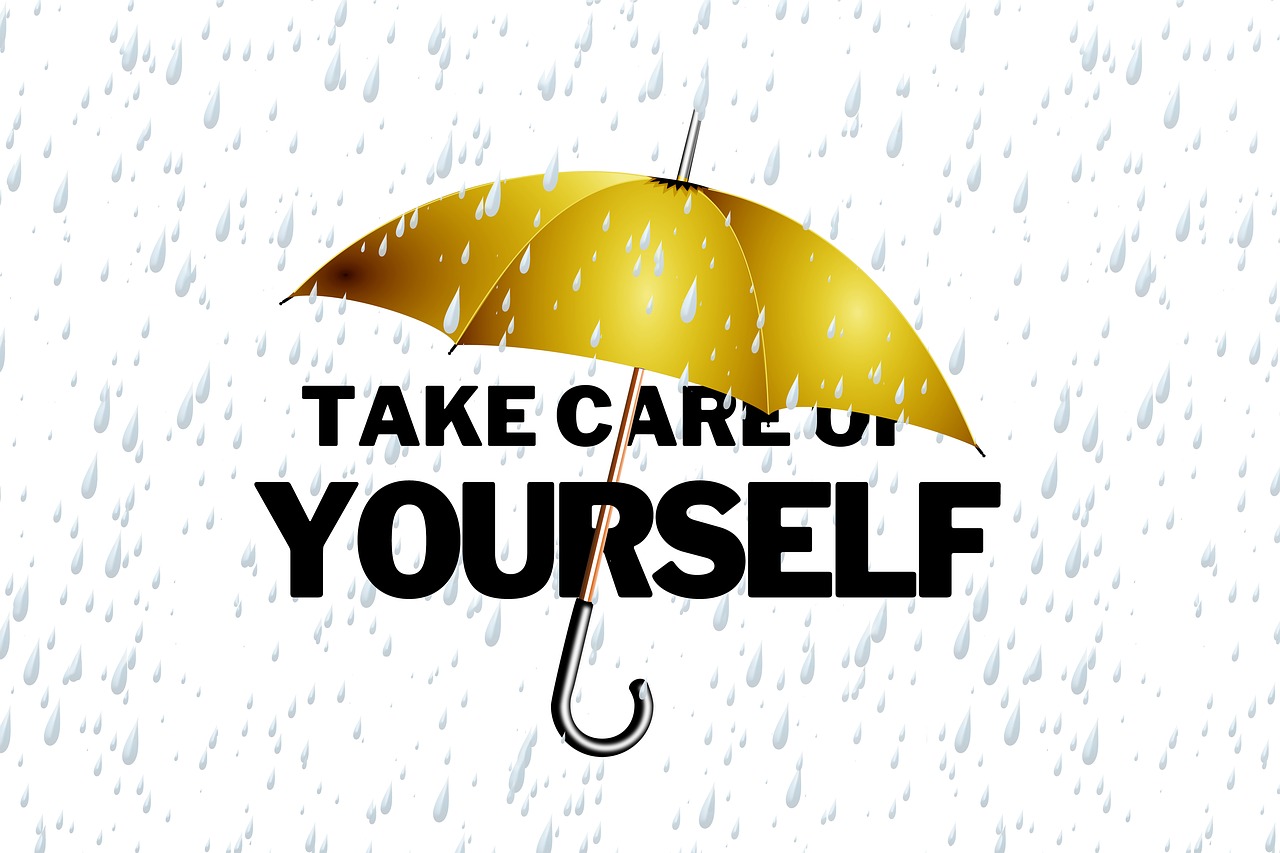
How to Make Wellderly Day Your Best Ever
National Wellderly Day is on Monday, March 19 this year. What is this day all about, you ask? Also known as Well-Elderly Day, this is a day to celebrate the health of our senior population and promote healthy initiatives so that this portion of the population can enjoy a longer “health span” rather than just a “lifespan.” As your aging loved one advances toward home care or hospice, take this year’s Wellderly Day and make it their best ever in Alameda County!
Similarly, March 22 is As Young As You Feel Day, a celebration of good health and a reminder that age is a number. Nothing should stop you from enjoying yourself!
The World Health Organization defines anyone over the age of 65 as elderly, while the United Nations says it’s 60. This has indeed changed throughout the years. Consider this: back in 1875, elderly meant 50! Researchers are finding there’s a big difference between the number of years you live, referred to as your life span, and the number of years you live in optimal health, referred to as your health span, says The Huffington Post. These researchers are very interested in studying the men and women aged 85 years and older who are living long lives generally untouched by chronic disease, with the possible exception of arthritis that is part and parcel for anyone over 70. This age group is considered to have an extremely long “health span.”
When we think of the term “elderly,” we immediately associate it with terms like “old” or “sick.” Wellderly Day encourages us to re-examine what “old” means and promote a healthier, more beneficial perspective on aging. It’s all about looking beyond the number of years that a person has lived and instead focusing on the quality of life that they have left to enjoy. This health span vs. lifespan mentality can make all the difference in your loved one’s life as well as your life as the caregiver.
How You Can Help
Researchers at the Scripps Translational Science Institute in La Jolla, CA analyzed the genes of 500 disease-free people over the age of 80, which revealed that “wellderly” individuals enjoyed a lower genetic risk of Alzheimer’s disease and heart disease than those in the general adult population, with roughly the same genetic risk of diabetes and cancer between both groups. More research has to be done, but some speculate that the wellderly group was more highly educated, a factor that is thought to be connected to long lifespans due to awareness of healthier lifestyles and diets.
There are many ways you as the caregiver can help embrace Wellderly Day in March as well as the whole year through:
- Support a healthy, balanced diet that allows your aging parent or other loved one to thrive and function.
- Encourage them to be physically active and exercise at least five days a week, participating in anything from walking to gardening to dancing. Even seated flexibility is helpful for those with decreased mobility to help maintain joint health, function and range of motion, says Senior Lifestyle.
- Encourage them to be socially active through their church, volunteer work, social clubs, or organizations based on their hobbies.
- Support their mental and emotional health and help them through tough times.
- Focus on helping them live the longest and most joyful health span that they can — not necessarily a long life span. The number of years you live is not as important as the quality of the years that you live, so focus on fostering a health span that is independent, vibrant and satisfying with minimal impairment by disease.
- Help them nourish their minds and souls by giving them new challenges and opportunities for adventure.
- Encourage them to take the best care of themselves that they can. Everyone has occasional aches and pains, along with fading eye sight and creaky joints. But by being aware of the mind-body relationship, we can all embrace a positive outlook on life.
Making the Important Decisions
Even the wellderly will need professional assistance at some point. Beginning elder care for your loved one can be a stressful time in your life but it can also be one of the most nurturing and beneficial decisions you can make. Even if your loved one doesn’t need medical care right now, a caregiver can still visit them on a customized schedule to be there when you can’t. Such caregivers can address their specific issues and help them remain well as they get on in years. Through personalized services, a caregiver can support, encourage and assist your loved one in remaining independent and autonomous for as long as they are able.
Contact Pathways Home Health and Hospice
If you and your loved one need caregiver services in Alameda County, Pathways Home Health and Hospice is here for you. We understand the importance of nurturing the wellderly to give them the most satisfying health span possible. To learn more, we encourage you to contact us at 888-755-7855.

